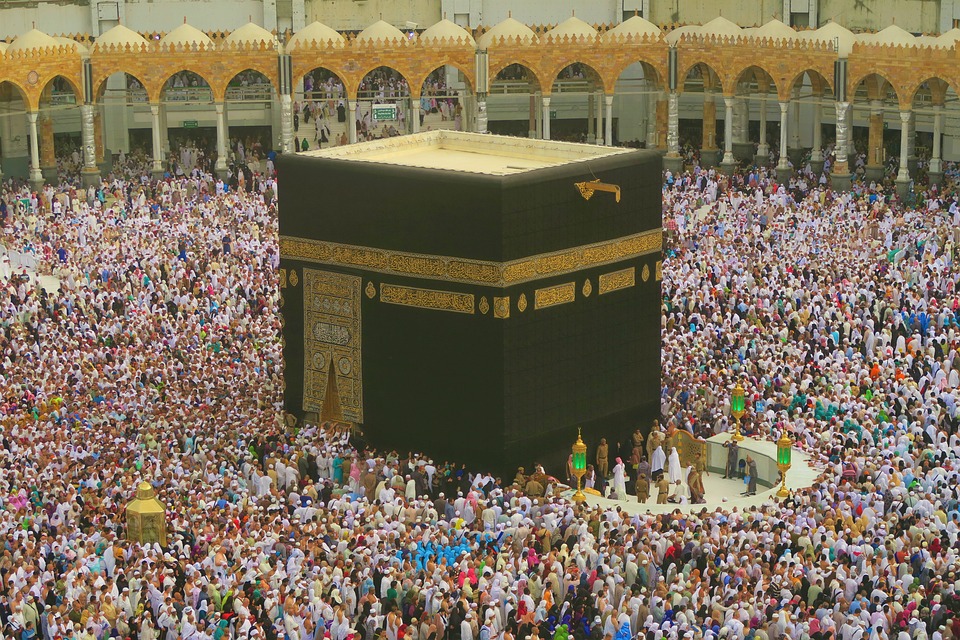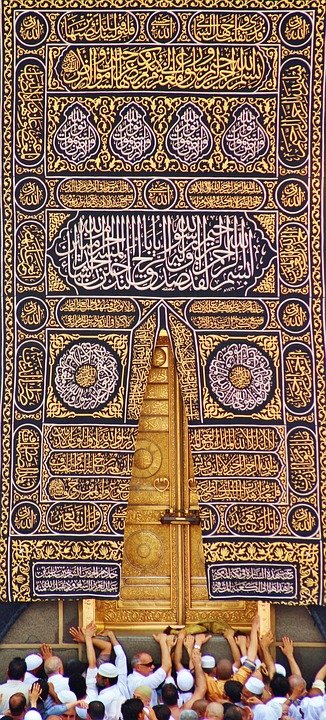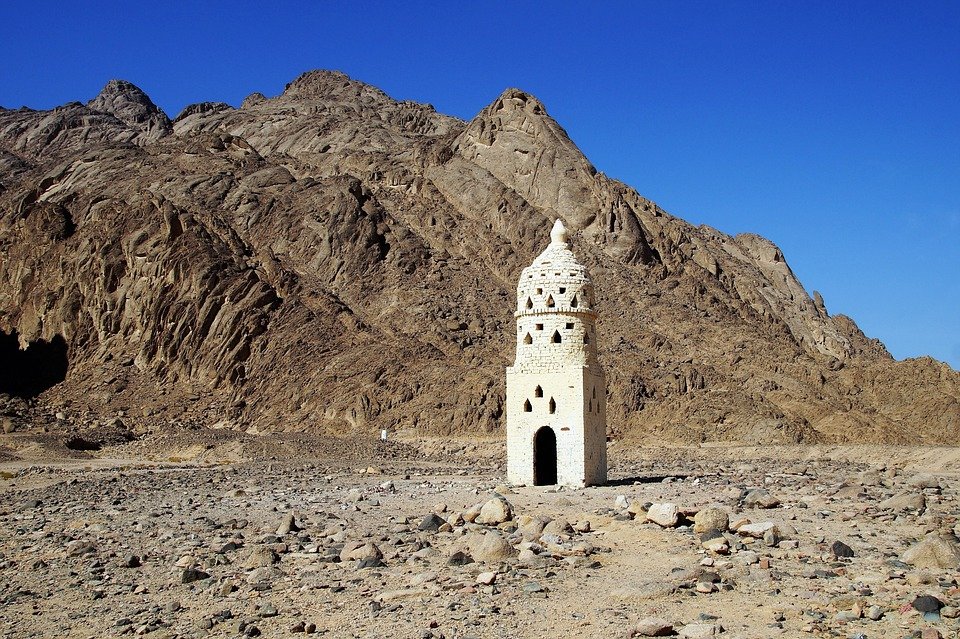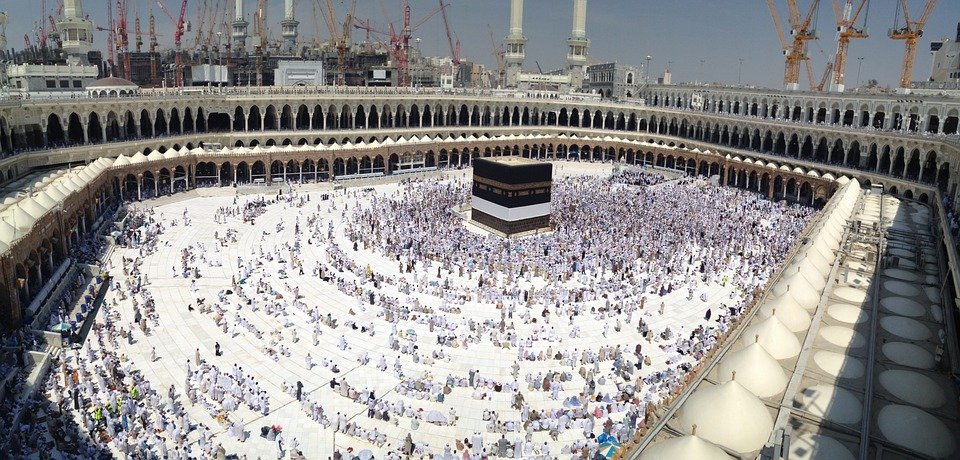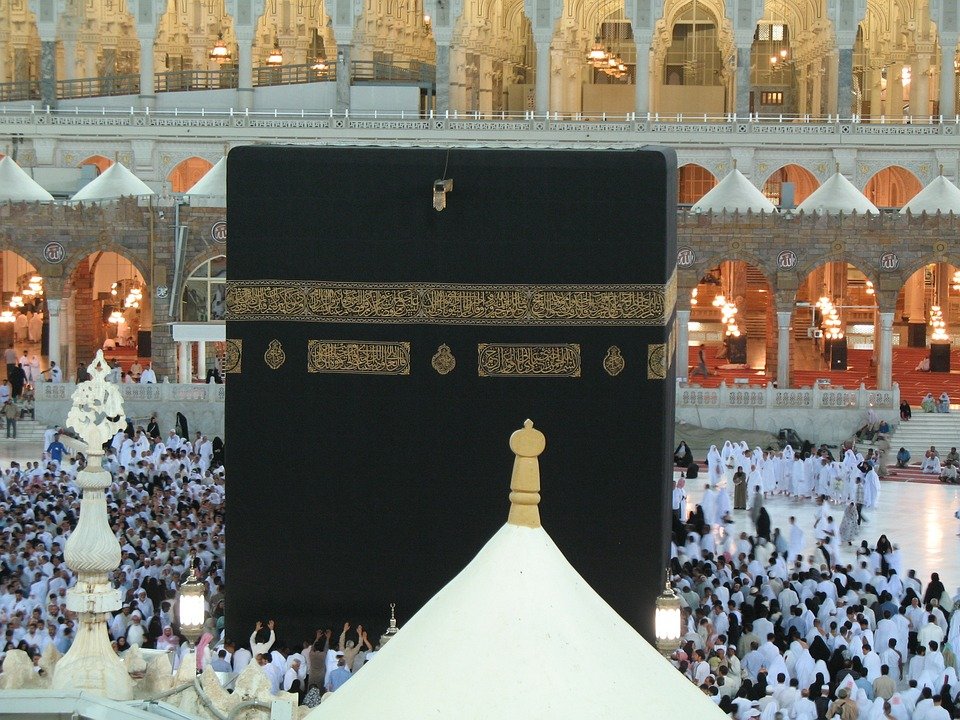Is Eid linked to Hajj? This intriguing question lies at the heart of many discussions about Islamic traditions. In this article, we will explore the relationship between Eid and Hajj, providing a clear and informative guide that I believe will deepen your understanding. You will find answers to the common inquiries surrounding this significant topic, making it easier for you to appreciate how these two pillars of faith intertwine. As you read on, expect a detailed and engaging exploration that emphasizes the essence of both Eid and Hajj.
In my opinion, grasping the significance of how Eid relates to Hajj enriches our appreciation of Islamic traditions. Eid serves as a celebration of faith, unity, and community, while Hajj represents a key pilgrimage that holds profound importance for Muslims around the world. With nine years of experience in guiding individuals through Umrah and Makkah and Madinah travel since 2016, we at Airlinkhajjandumrah.com aim to provide reliable and insightful information on this noteworthy topic. Together, we will celebrate the rich tapestry of faith that connects us all, enhancing our understanding of Eid and Hajj as vital components of Islamic life.
Eid: A Joyful Celebration of Faith
Eid is a beautiful festival that Muslims celebrate around the world. It marks the end of Ramadan, a month of fasting and prayer. During this special time, families come together to express gratitude, share blessings, and enjoy festive meals. The excitement starts with prayers at the mosque, where everyone gathers in colorful attire, exchanging warm greetings and smiles. The air fills with hoots of laughter and whispers of joy as people reconnect with friends and family.
I find it heartwarming to see how the spirit of giving shines brightly during Eid. People prepare delicious treats and often share them with neighbors. Children eagerly wait for their colorful Eidi, which are small gifts or money given by elders. It creates a sense of unity, where everyone feels special and appreciated. With love and kindness flowing through the streets, Eid truly symbolizes the essence of community, togetherness, and gratitude.
The Significance of Hajj in Islam
Hajj is one of the most important pillars of Islam, symbolizing a deep spiritual journey for Muslims. Every year, millions of Muslims travel to Makkah to participate in this sacred pilgrimage. It is a time for self-reflection, forgiveness, and devotion. Completing the Hajj offers a sense of accomplishment and fulfillment, connecting believers with their faith and with each other.
The rituals of Hajj are filled with profound meanings. From standing on the plains of Arafat to the ritual of Tawaf around the Kaaba, every action holds deep spiritual significance. It is an opportunity to seek mercy and encounter spiritual growth. I believe that experiencing Hajj is not just about the physical act; it’s about embracing a meaningful connection with Allah and fellow pilgrims. It forms a feeling of belonging among people from different cultures, uniting them in faith.
The Interplay of Eid and Hajj
Eid al-Adha, also known as the “Festival of Sacrifice,” occurs shortly after Hajj. This beautiful festive day honors the willingness of Prophet Ibrahim to sacrifice his son as an act of obedience to God. Eid al-Adha connects with Hajj, emphasizing faith, obedience, and the importance of community. This sacred occasion starts with special prayers in the mosque, where communities come together once again.
During this time, people remember those who might be less fortunate. The custom of sharing meals and distributing meat from sacrificed animals strengthens the bond of unity in society. I feel that this act illustrates the essence of empathy and caring within our communities. It is a time that brings us all together, making the world feel a little closer and kinder.
Acts of Kindness During Eid
One of the remarkable aspects of Eid is the spirit of giving. People engage in acts of kindness, helping those in need. It could be providing food, clothing, or even spending time with someone who might be lonely. These acts of charity shine brightly during Eid, teaching us valuable lessons about compassion and solidarity.
I think it’s lovely how children play a role in these acts of kindness. Parents often encourage their little ones to share their Eidi with those less fortunate. This instills the significance of generosity from a young age, reminding us that even the smallest gesture can brighten someone’s day. Celebrating Eid this way creates a sense of warmth and connection amongst all of us, showcasing the joy found in helping others.
Unity Through Rituals and Traditions
Both Eid and Hajj emphasize strong communal ties. The rituals that accompany these events deepen our connections with one another. Whether it’s sharing meals or congregating for prayers, I believe these traditions highlight the importance of togetherness.
People come together from various parts of the world, all celebrating in harmony. During Hajj, pilgrims often help one another, whether with directions or sharing insights about their faith. The essence of unity is visible, as everyone works together, reflecting the fundamental Islamic values of brotherhood and sisterhood. These shared experiences create bonds that last a lifetime and often break down barriers that might exist outside.
Learning and Growing Through Faith
The celebrations of Eid and Hajj provide opportunities for personal growth and reflection. During these times, we can inspire ourselves and others to become better individuals and contribute positively to society. Engaging in deep prayers during Hajj promotes introspection and encourages individuals to be aware of their faith and its impact on their lives.
I find that the teachings learnt through these celebrations can inspire us even after the festivals conclude. The importance of patience, compassion, and faith can be interwoven into our daily lives. So, embracing these values allows us to cultivate a more peaceful atmosphere, not just for ourselves but for everyone around us.
A Shared Journey of Faith and Togetherness
In conclusion, Eid and Hajj are more than just traditions; they serve as vital pillars of the Islamic faith. Each element contributes to a broader narrative about community, sharing, and devotion. The celebrations inspire millions to express their faith openly and joyfully, and they emphasize the importance of coming together as one family under the banner of love and unity.
As we celebrate these sacred moments, let’s remember the vital lessons they impart. Whether it’s kindness, gratitude, or faith, integrating these teachings into our everyday lives can lead to a more harmonious existence. I feel that by cherishing the spirit of Eid and Hajj, we continue to nurture the bonds that keep us united. So, as we gather in our homes and communities, let’s embrace one another with open hearts and together, celebrate our shared journey of faith, love, and unity.
Mushu, an experienced Saudi Arabia traveler and writer, shares insightful tips and spiritual reflections to enhance Hajj and Umrah journeys for fellow pilgrims. He has been to Makkah and Madina from 2016 to 2023 many times and his posts will reflect this.


